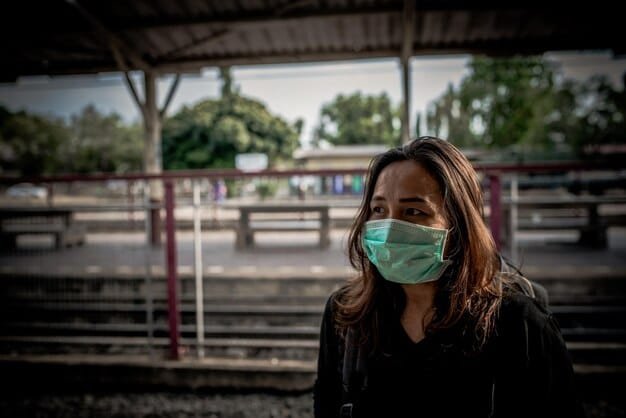Health is one of the main pillars in the development of a country, and Indonesia is no exception. As a country with a population of more than 270 million people spread across thousands of islands, Indonesia faces various challenges in providing equitable and quality health services for all its citizens. However, along with various efforts made by the government and various related parties, the health sector in Indonesia continues to experience significant development.
Key Challenges in the Health Sector
One of the biggest challenges in the health system in Indonesia is the disparity in access to health services between urban and rural areas. Although big cities such as Jakarta, Surabaya, and Bandung have adequate health facilities, many remote areas still lack medical personnel, medicines, and health infrastructure. This causes a gap in the quality of health services received by people in various regions.
In addition, Indonesia also faces a double burden of disease, namely infectious diseases and non-infectious diseases. Infectious diseases such as malaria, tuberculosis, and dengue fever are still a problem in several areas, while non-infectious diseases such as diabetes, hypertension, and heart disease are increasing along with changes in people’s lifestyles.
The problem of malnutrition, especially stunting in children, is also a serious concern. Data from the Ministry of Health shows that the prevalence of stunting in Indonesia is still quite high, although there has been a decline in recent years. Stunting has a negative impact on children’s physical and cognitive development, which in turn can affect their productivity and quality of life in the future.
Health Programs and Policies
To address these challenges, the Indonesian government has launched various programs and policies aimed at improving health services. One of the biggest initiatives is the National Health Insurance Program (JKN) managed by BPJS Kesehatan. This program is designed to provide more equitable and affordable access to health services for all Indonesians.
The government is also focusing on improving the quality of primary health services through the Puskesmas (Community Health Center) program spread throughout Indonesia. Puskesmas play an important role in providing basic health services, including immunization, maternal and child care, and disease prevention and control.
In an effort to reduce stunting, the government launched the National Movement for Accelerating Nutrition Improvement (Gizi Terkini) involving various ministries and related institutions. This program aims to increase access to nutritious food, health services, and nutrition education for families throughout Indonesia.
Innovation and Technology in Health
Along with the development of technology, the health sector in Indonesia has also begun to adopt various innovations to improve the efficiency and effectiveness of services. Telemedicine, for example, is a solution for people in remote areas who have difficulty accessing health services. By using communication technology, patients can consult with doctors without having to come to health facilities in person.
In addition, the use of an integrated health information system allows for better management of patient data, thereby improving the quality of service and decision-making in patient care. These innovations are expected to help address the challenges facing the health sector in Indonesia.
Hope and Future of Health in Indonesia
Although there are still many challenges to be faced, the health sector in Indonesia has great potential to continue to grow. With a strong commitment from the government, support from the private sector, and active participation from the community, Indonesia can achieve a more equitable, quality, and sustainable health system.
Increasing public education and awareness about the importance of maintaining health is also key to improving health in Indonesia. Health campaigns, education about healthy lifestyles, and disease prevention efforts must continue to be encouraged to achieve a healthier and more productive society.
Ultimately, health is an investment for the future of the nation. By ensuring that every citizen has access to adequate health services, Indonesia can build strong human resources that are able to compete in the global arena. Hopefully, with the various efforts that have been and will be made, Indonesia can achieve the vision of “Healthy Indonesia” which is the hope of all its people.


